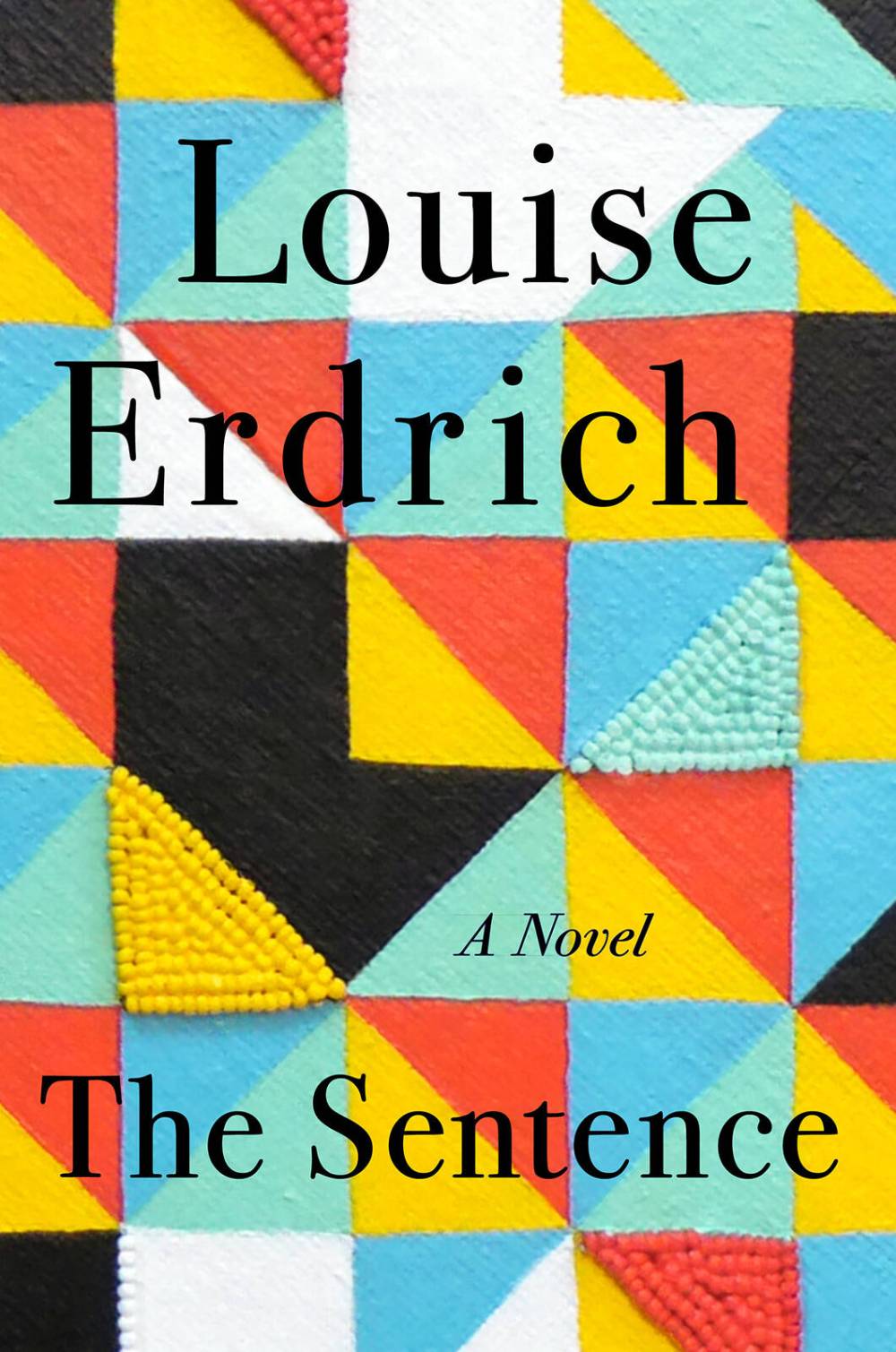Haunting prose
Bookstore’s ghost brings up questions of identity in Erdrich’s stunning new novel
Advertisement
Read this article for free:
or
Already have an account? Log in here »
To continue reading, please subscribe:
Monthly Digital Subscription
$0 for the first 4 weeks*
- Enjoy unlimited reading on winnipegfreepress.com
- Read the E-Edition, our digital replica newspaper
- Access News Break, our award-winning app
- Play interactive puzzles
*No charge for 4 weeks then price increases to the regular rate of $19.00 plus GST every four weeks. Offer available to new and qualified returning subscribers only. Cancel any time.
Monthly Digital Subscription
$4.75/week*
- Enjoy unlimited reading on winnipegfreepress.com
- Read the E-Edition, our digital replica newspaper
- Access News Break, our award-winning app
- Play interactive puzzles
*Billed as $19 plus GST every four weeks. Cancel any time.
To continue reading, please subscribe:
Add Free Press access to your Brandon Sun subscription for only an additional
$1 for the first 4 weeks*
*Your next subscription payment will increase by $1.00 and you will be charged $16.99 plus GST for four weeks. After four weeks, your payment will increase to $23.99 plus GST every four weeks.
Read unlimited articles for free today:
or
Already have an account? Log in here »
Hey there, time traveller!
This article was published 27/11/2021 (1474 days ago), so information in it may no longer be current.
Louise Erdrich’s prominence as one of North America’s leading Native literary voices has grown steadily since the publication of her acclaimed first novel, Love Medicine, in 1984.
In 16 novels since then, as well as in books of poetry, short fiction and children’s books, Erdrich, who is a member of the Turtle Mountain Band of Chippewa Indians, has laid claim like no other contemporary writer to a resonant home territory in Minnesota and North Dakota, alternately enriched and haunted by native ghosts of multiform provenance.
It is therefore entirely fitting that beginning with its title, Erdrich’s 17th novel should explore the dense ambiguities and rich implications of her decades-long affair with sentences, with words. Erdrich owns a bookstore in Minneapolis specializing in Indigenous writing; this latest novel is dedicated to “everyone who has worked at Birchbark Books, to our customers, and to our ghosts.” It’s also fitting that a bookstore owner named Louise should figure prominently herein; this is a novel that to fine effect crosses the permeable membrane between fiction and so-called reality.

The pivotal character in The Sentence is Tookie, a passionate and loving, if hard-hearted and hard-bitten woman who must contend with the very real ghost of an inveterate reader, Flora, who haunts her and the bookstore where Tookie works. Following Flora’s mysterious death — incurred by reading a page from a book that Tookie tries, unsuccessfully, to destroy by burying it deep in her yard — Flora returns to haunt the bookstore persistently and viscerally.
Acts of reading and of deciphering arcane writing figure prominently in the novel; in Flora’s case, reading the sentence in the fateful book that kills her provides Erdrich’s readers with one entrance into the ghost world that afflicts Tookie and imbues the whole novel.
Through Flora’s ghost, Erdrich gives us a powerful version of an all-too-familiar contemporary story, that of a character driven to claim a questionable Indigenous identity and forebears. Finally, Flora’s agony compels her ghost to physically assail Tookie in the bookstore, to try to inhabit Tookie by literally entering her body; the novel’s sinews begin to manifest themselves in this terrible scene and its ramifications.
Erdrich sets the events of The Sentence amidst two conflagrations: the very recent and local history of the George Floyd murder in the summer of 2020 in Minneapolis; and the COVID-19 crisis, which is dramatized at ground level when Tookie’s husband Pollux, an ex-boxer turned cop, is laid low by the virus, and Tookie sits a frigid vigil for him in her car in the hospital parking lot.
These plot lines are further underwritten through Pollux’s daughter Hetta and her baby, child of Laurent, another ghostly figure and writer who may be an incarnation, we discover, of a roogaroo — a native figure part ghost, part werewolf, and possessed of arcane powers.
These twin calamities are further inflected by the persuasive evocation of the persecution and abuse of Black and Native citizens in Minneapolis — as elsewhere — as not only historically but actually linked, which is why in the widespread protests of that all-too-recent hot summer, these groups are shown making common cause. And looming over all of the protests, the tear gas in the streets and the volatile crowds is the dire figure of Trump, invoked in the main by characters’ refusal to think about him at all.
From the outset, what superintends all of these plotlines is Tookie’s meditation on language, invoked on the first page when, as she contemplates her absurdly harsh sentence for the (well intentioned) crime of body-snatching that sets Tookie and the novel on their course, she parses the term’s meanings: its “yawning c, belligerent little e’s, with its hissing sibilants and double n’s, this repetitive bummer of a word made of slyly stabbing letters that surrounded an isolate human t, this word was in my thoughts every moment of every day.”

We revisit this apprehension throughout, as we learn how various “sentences” — the central ambiguity of the word is inescapable — can be illegible, murderous or written in indecipherable languages. In the novel’s closing lines — given to us after a six-page “Totally biased list of Tookie’s favourite books,” Tookie advises that books teach us everything, but that life is other: “Books contain everything worth knowing except what ultimately matters.”
That telling meditation on books and the sentences they’re made from haunts the novel with another incantatory echo, addressed to all readers, as if Tookie’s and Flora’s restless ghosts continue to haunt us all — to return readers both to books and to their own sentences in an increasingly interdependent and fraught world.
Neil Besner taught Love Medicine at the University of Winnipeg in the last decade of the last century.

